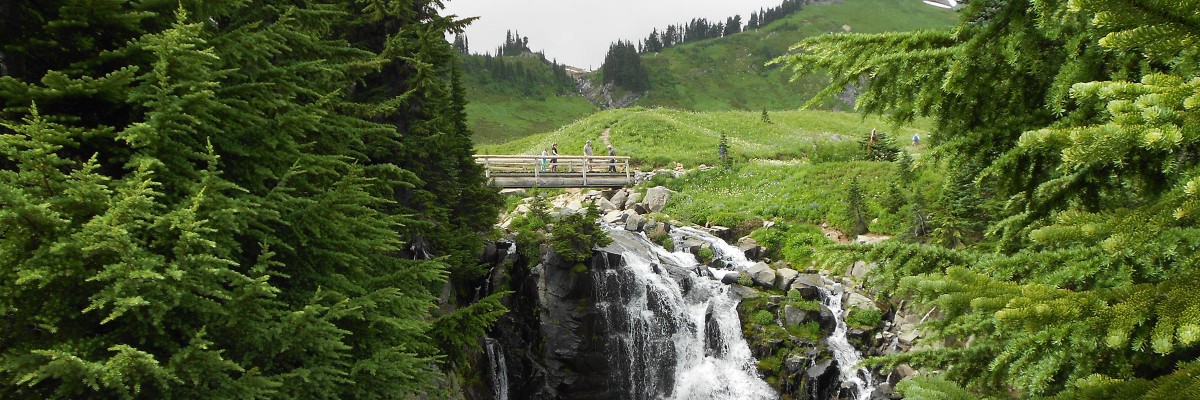Dear Partners and Supporters,
It is with a mixture of sadness and gratitude that we write to inform you all that after 10 years, the Doris Duke Conservation Scholars Program (DDCSP) at the University of Washington has accepted the last cohort in 2023 and will close, along with the other two remaining DDCS Programs, after the current scholars finish the program after their summer internships in 2024. Over the last several years, the Environment Program at the Doris Duke Foundation (DDF) has sought to advance racial equity in the conservation field through grantmaking to support Indigenous-led conservation and BIPOC-led coalitions and organizations and will double that investment moving forward. As part of this shift in strategic funding, DDF has made the difficult decision to wind down all the DDCSP programs, to end in 2025, after the current cohorts complete their two-year program. The Environment Program staff are proud of this program and extend their appreciation to the staff and partners of the five programs (University of Washington, Collaborative, Northern Arizona University, UC Santa Cruz, and University of Michigan).
While we are saddened by this decision, we are thankful to have worked with the 175 alumni from the UW program and inspired by the success of the five Conservation Scholars Programs nationwide and our community of 740 alumni. Over the last 10 years they have demonstrated strong commitment toward realizing their vision of a more just, equitable, inclusive, and thriving conservation movement. It has been a privilege to be a part of this program, and our work would not have been possible without the support of the people who every year joined us as invited speakers, site hosts, mentors, and advisors. We are grateful to you for being part of the DDCSP family, and for all the ways you have contributed to this program and supported the scholars during a pivotal time in their professional and personal growth. Scholars describe this program is “transformational” and you have been integral to that transformation. We cannot thank you enough.
And we are not at the end yet: DDF has committed to supporting the 2023 cohorts through their internships next summer. We are looking forward to the next, and final, summer internship program, and all the beauty, joy, and learning it will bring. If you are interested in participating as an internship mentor in 2024, please reach out to Melissa (mmmark@uw.edu) or Martha (groom@uw.edu).We will solicit internship project proposals in December and hold a prospective mentor information session January 5th.
The people who have participated in DDCSP are a committed and creative community and we have no doubt that we will continue to find ways to connect and catalyze the change we want to see in the world as individuals and as a collective. If there are ways in which we can assist with making connections, or if you have any questions or curiosities, please let us know.
With Gratitude,
The Doris Duke Conservation Scholars Program at the University of Washington
